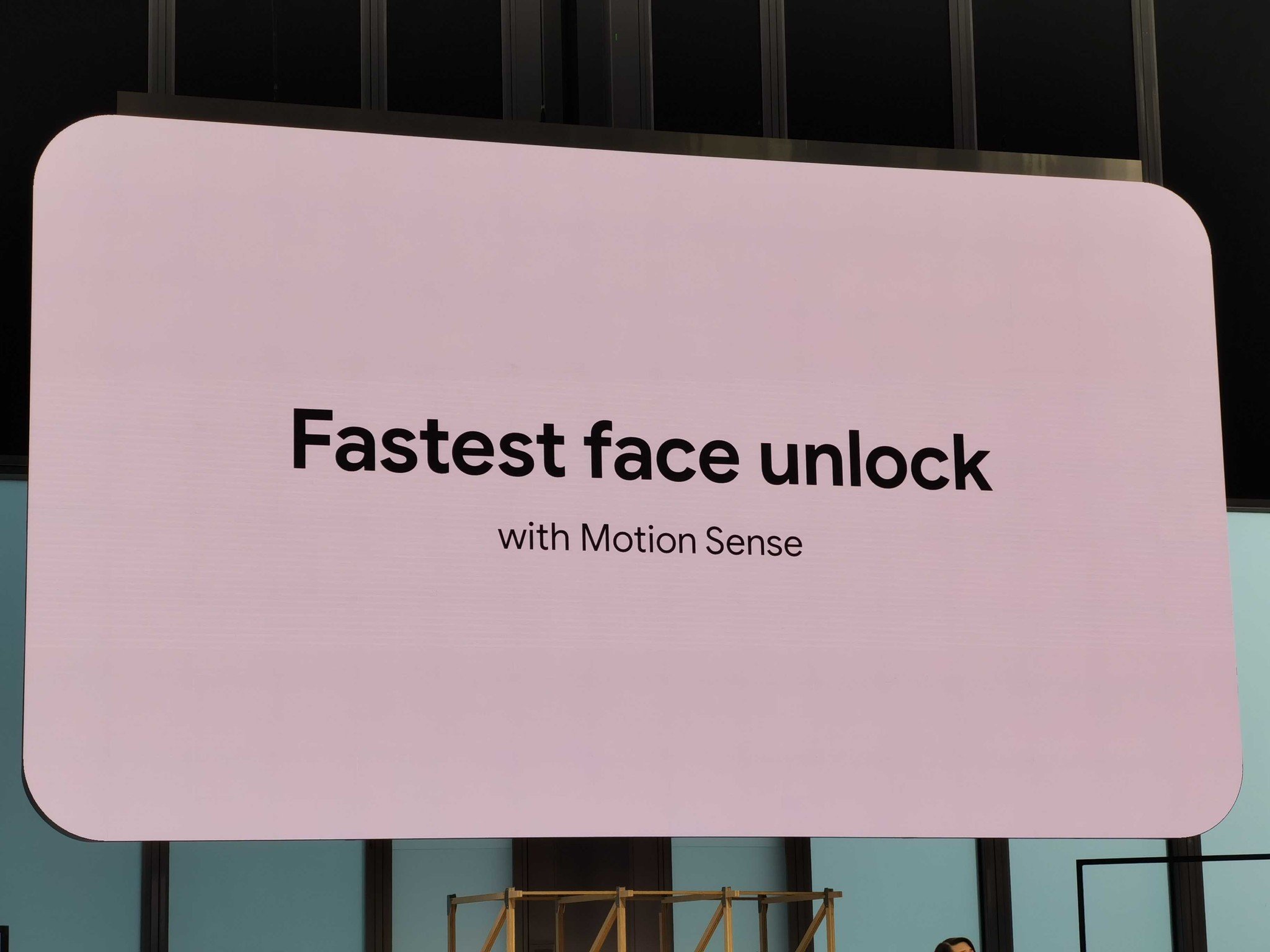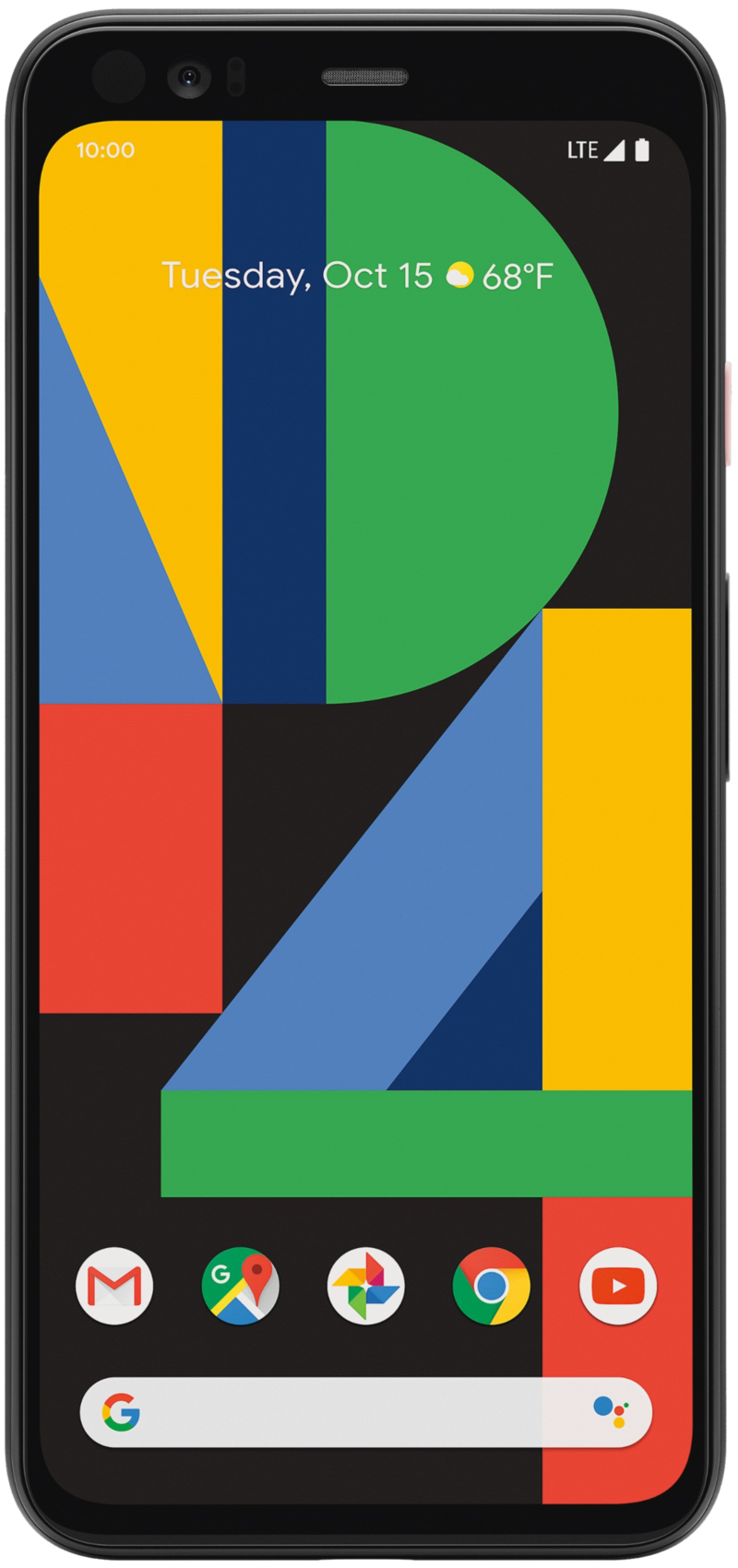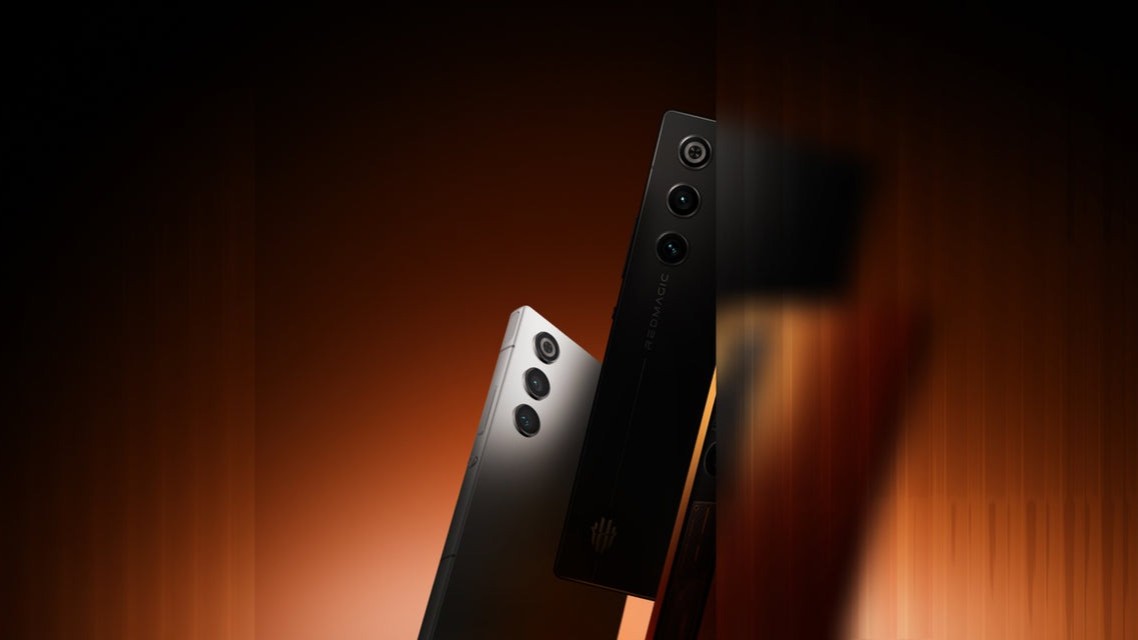Why Google dropped the fingerprint sensor on the Pixel 4 (and why that's a bad thing)

The Pixel 4 is missing what many feel is a vital part of a smartphone: the fingerprint sensor. It will be the first Pixel phone to ship without one and the first to use Google's new Face Unlock setup as the only biometric option to unlock your phone or authenticate for apps and payments. That leaves a lot of folks wondering why did one thing (a fingerprint sensor) need to go away so another thing (Face Unlock) could be used when the two things seemingly don't interfere with each other?
There's really only one reason why Google removed a fingerprint sensor from the Pixel phone — because it wanted to. But it's important to look at why Google might not have wanted a fingerprint sensor on the back or under the glass of the Pixel 4 rather than just call it another strange decision by Google's hardware team.
Dropping the fingerprint sensor makes the phone thinner and leaves room for important features like ... Active Edge.
A big part of the reason is probably aesthetics. Google wants its Pixel to be sleek and slim and when adding things like IR sensors and multiple cameras and Soli chips it would have had to make the Pixel 4 a smidge thicker to include a fingerprint sensor around back. Since an in-display sensor isn't accurate enough to match how well the fingerprint sensor works on the Pixel 3, Google wasn't about to take that route either. Making phones as thin as possible is something every manufacturer seems to want and Google isn't likely to be an exception to that rule.
An obvious answer that everyone wants to call out ties into the phone's aesthetics — Google wants to copy Apple. And that's partially true; Google wants to build a phone that it sees as elegant and simple, without a bunch of fancy extras that would make someone need to visit a help article to use. Apple notoriously removed Touch ID from the iPhone in lieu of Face ID and a lot of people think that's why Google is doing the same on the Pixel 4. I think this is more of a coincidence than any direct copying and that Google has wanted to do it for a while but needed to wait for some smart group of people to figure it all out.
Part of the "figuring it out" comes with the inclusion of a Soli sensor. Soli is a small chip that uses RADAR to detect precise movements at a short-range, and it has the potential to drastically improve Face Unlock. Per Google:
As you reach for Pixel 4, Soli proactively turns on the face unlock sensors, recognizing that you may want to unlock your phone. If the face unlock sensors and algorithms recognize you, the phone will open as you pick it up, all in one motion. Better yet, face unlock works in almost any orientation—even if you're holding it upside down—and you can use it for secure payments and app authentication too.
Having a sort of early-detection system for the complex setup that Face Unlock on the Pixel 4 uses has the potential to make it great. We want the components used to detect our face to work "instantly" yet certainly don't want them running all of the time eating away at the battery. Having a very low-power sensor notice you're reaching for a locked phone and then warming up the LEDs, cameras, and IR detectors for Face Unlock so that they are ready is pretty awesome. At least on paper.
All of this sounds great, but it also needs to be as good as what we're already used to with a fingerprint sensor. That's going to be tough, but Google seems to think it has done it. The biggest problem though is that there are plenty of people who don't want a sensor running all of the time or to use their face as a password to unlock a phone or authorize their bank app. With the removal of the fingerprint sensor, that means those people either have to adapt or buy a different phone.
Be an expert in 5 minutes
Get the latest news from Android Central, your trusted companion in the world of Android
Maybe dropping the fingerprint sensor wasn't a very good idea after all.

Dual cameras, a 90Hz display, and more.
The Google Pixel 4 is here, and it's shaping up to be an impressive piece of tech. It has an impressive 90Hz OLED display, is the first Pixel to ship with dual rear cameras, and has Qualcomm's blazing-fast Snapdragon 855 processor. Oh, and not to mention Google's Soli radar and everything it brings to the table. You're getting a lot of phone with the Pixel 4.

Jerry is an amateur woodworker and struggling shade tree mechanic. There's nothing he can't take apart, but many things he can't reassemble. You'll find him writing and speaking his loud opinion on Android Central and occasionally on Threads.
